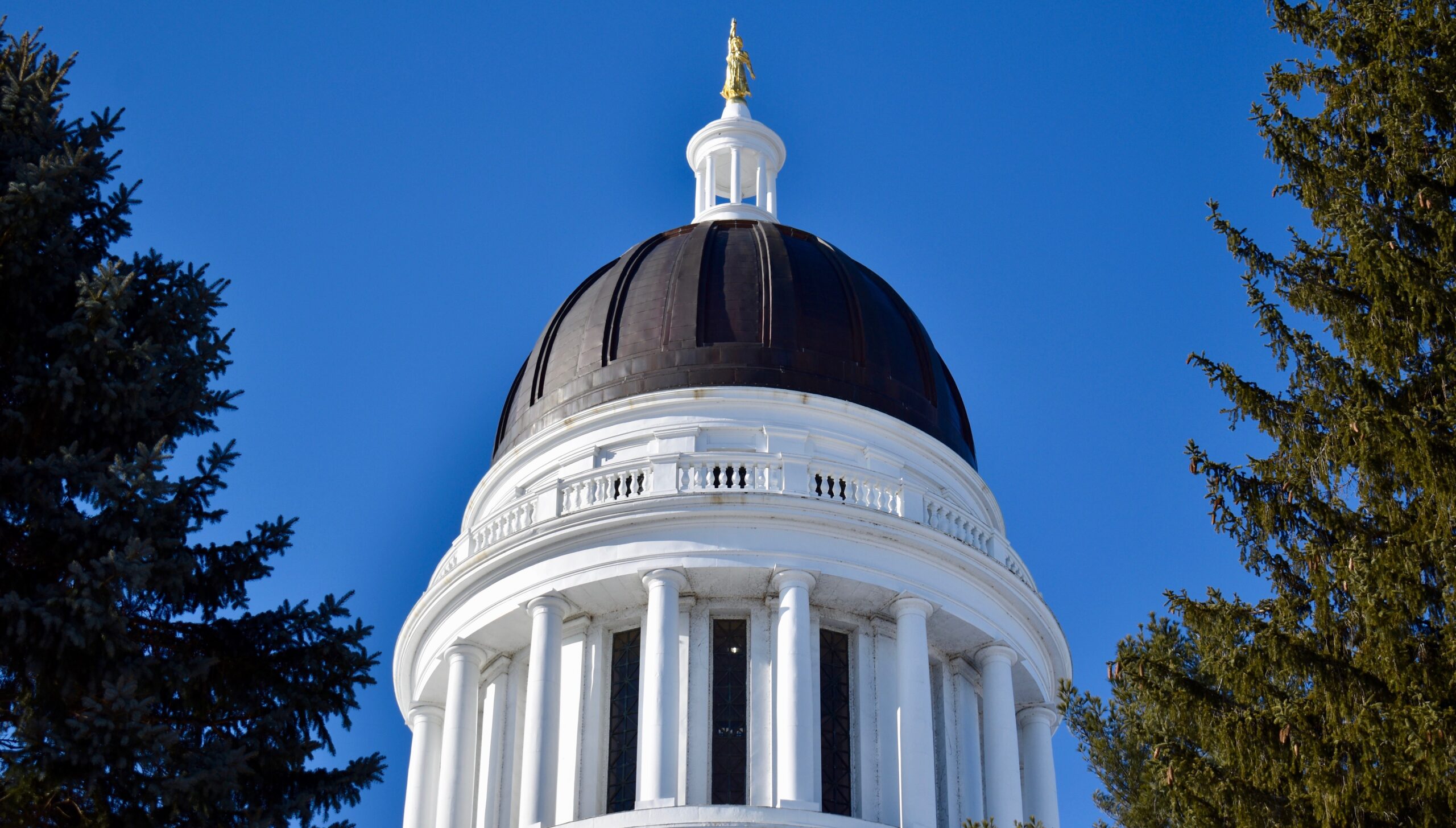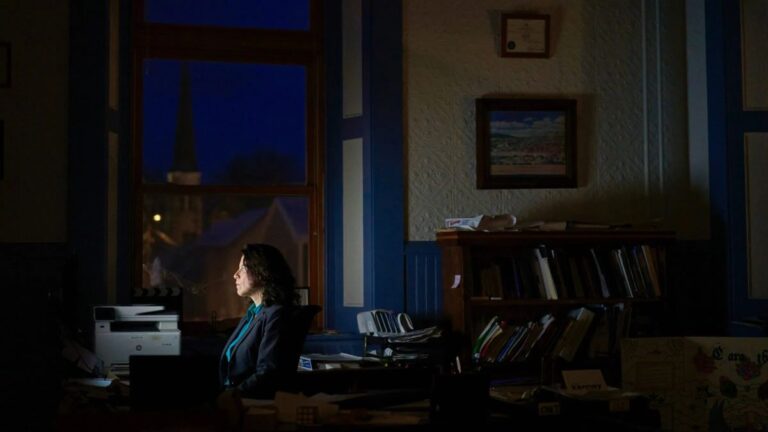The bill that would have revived Maine’s plan for adapting to climate change was defeated on Wednesday, when the House voted to override the governor’s veto fell short by a single vote.
“This was really an important bill,” said a disappointed Pete Didisheim, advocacy director for the Natural Resources Council of Maine. “We were trying to get back into a conversation among towns, officials, businesses and many others about the state’s future in a changing climate.”
A total of 98 representatives, including some Republicans, voted for the override, just short of the two-thirds total (or 99) needed.
In his veto message on the bill earlier this week, Gov. Paul LePage said he opposed the bill for a number of reasons, including that it duplicated work already being done by the state and it amounted to an unfunded mandate.
LePage said “the substance of the work is already being done and the resolve merely adds layers of workgroups and reporting on top.”
The bill called for resuming the state’s climate change study, which had been launched with a report and 60 recommendations, put together by the Department of Environmental Protection and submitted to the Legislature in 2010.
Further work on that report was suspended by the LePage administration.
The legislation called for the creation of a new work group, including planners in the Department of Agriculture, Conservation and Forestry, other state agencies and “interested parties.”
The committee did not specify who the other parties might be, but the legislation required that the Agriculture department invite a wide range of representatives to the group’s initial meeting. They could have come from the University of Maine System, nonprofit groups, business associations, municipalities and people with expertise and interest in climate change adaptation.
The group would have looked at the “high priority” recommendations from the 2010 report. They were asked to designate one source of Maine-specific climate information to be readily available to the state’s communities. The group would also consider initiating a survey of the safety of the state’s infrastructure that would be affected by sea-level rise and the intensification of storms over coming decades. The state’s natural habitats would also be considered.
Scientists have predicted that the sea level along Maine’s coast could rise between two and six feet by the end of this century.
“The governor said in his veto message that he didn’t like unfunded mandates,” said Didisheim, “but not talking about climate change and its effects will have a significant cost impact — that’s the real unfunded mandate. It could cost tens of millions of dollars to deal with these things. There are potential catastrophic impacts in the future.”
He added that he thought that some legislators might explore whether staff in the Agriculture, Conservation and Forestry Department could do some of the work that would have been covered by the bill. He noted, too, that many towns have been forging ahead with studies and projects of their own.
Robert Faunce, planner for the Lincoln County Regional Planning Commission, said that Wednesday’s action seemed to be “more politics that substance.”
Faunce said that after the state had shelved the first climate change report, Lincoln County’s commission discovered that the federal government was prepared to help with a grant to study sea level rise and its effects on the county’s 450-mile shoreline. The study was finished a couple of months ago.
“I would have thought that the administration would want the state to have some control over all that’s happening in climate change studies,” said Faunce. “Sea level rise is a fact. It’s not a political thing.”






